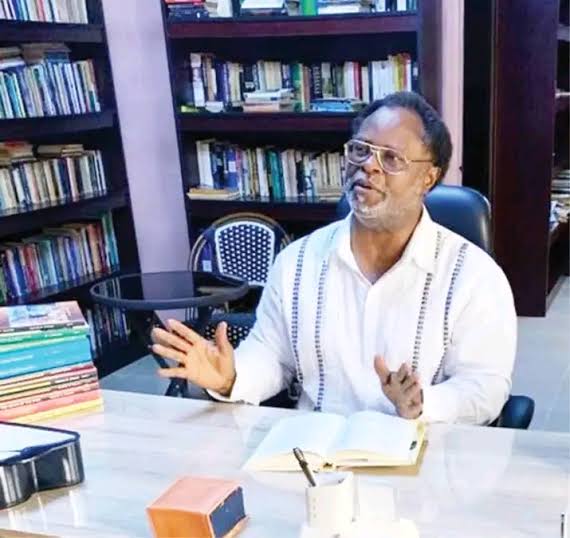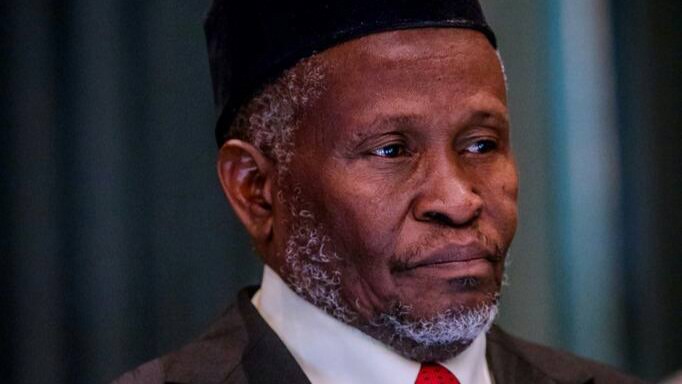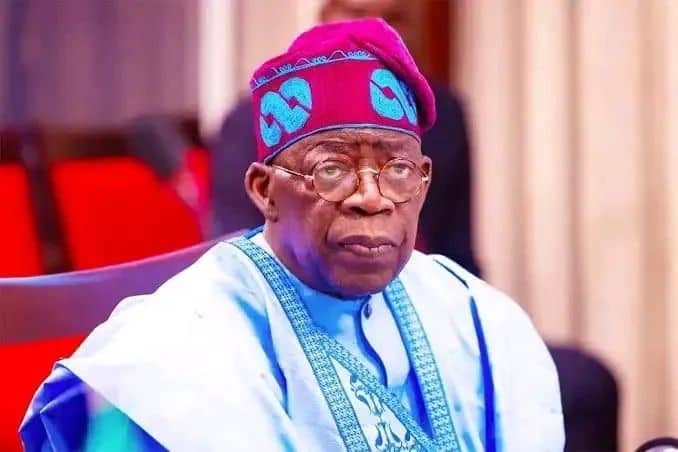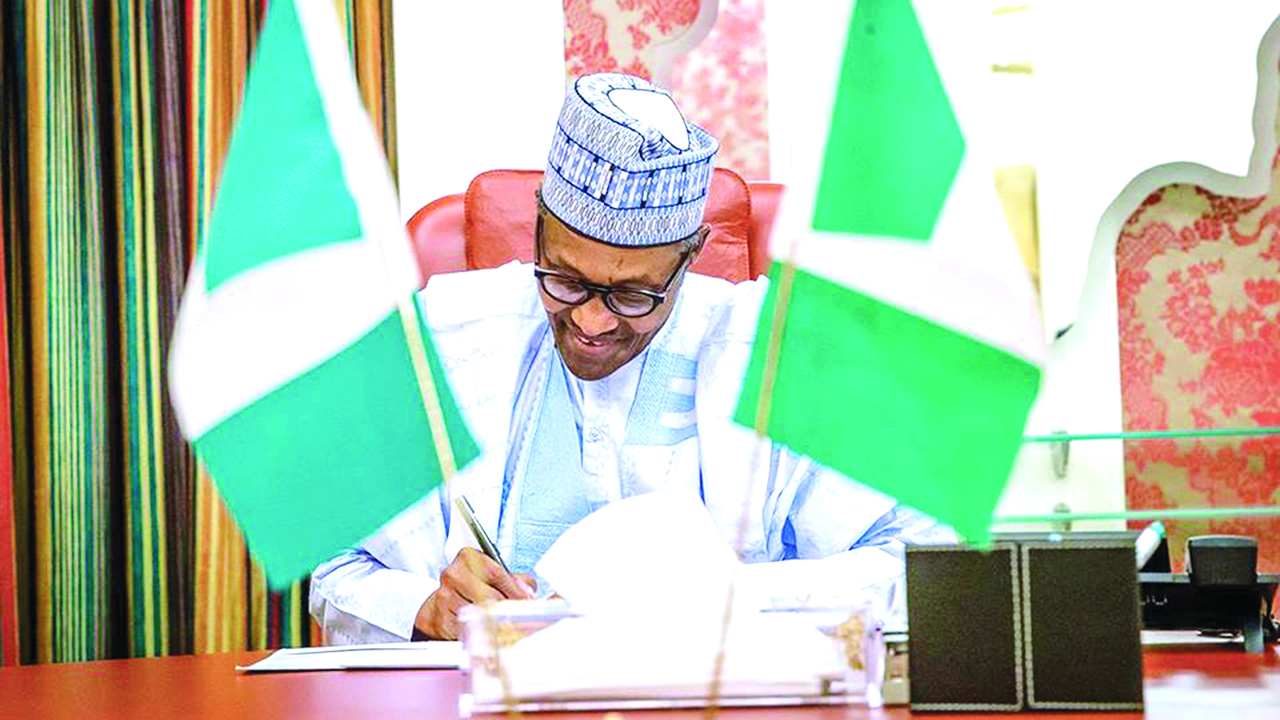***Reduce food prices, inflation, make PMS affordable
***Reshuffle Cabinet to involve opposition figures
President Bola Tinubu should expect more hunger protests higher in intensity and range than the just concluded ones unless significant economic changes occur, such as reducing food prices and inflation the founding National Secretary of Alliance for Democracy (AD), Professor Udenta O. Udenra has advised.
He gave the indication in a statement he issued in Abuja on Thursday that highlighted three critical national issues: the End-Hunger Protests, the overall State of the Nation, and Hon Yakubu Dogara’s controversial remarks that could incite violence.
He further adviced the president to reverse Naira depreciation and to make the prices of petroleum products to be within the reach of the people
Hereiterated the fact that widespread hunger and poverty are pervasive across Nigerian society, affecting nearly all but a small elite.
Udenra acknowledged that while President Bola Tinubu has recognized the people’s struggles, unless action is taken, social instability and mass mobilization will continue.
“President Bola Tinubu’s national broadest may not have met the expectations of large segments of society but give him credit for admitting that the people are hurting and he hears their cry, loud and clear. “But so long as they continue to cry with no end in sight expect social instability, mass mobilization, regime demonization and national fault lines tearing apart rapidly, no matter the forces that are deployed to contain them.
“As the saying goes, he or she who is already on the ground indeed fears no fall.”
He stated that peaceful protests are a constitutional right and essential for democracy, but organizers must ensure that their actions remain civil and non-violent.
He also addressed the notable absence of the Igbo community in the recent protests, suggesting that their historical experiences and fears of harsher treatment have led to their non-participation.
He called for dialogue to reintegrate the Igbo into national discussions about the country’s future.
Udenra concluded that without addressing the underlying political issues, economic solutions would be ineffective.
He posited that until the political framework improves, the economic challenges will persist, criticizing Tinubu’s government for its failure in this regard.
The current state of the nation is characterized by economic difficulties, widespread hunger, and high levels of poverty, attributed to the Bola Tinubu administration’s inability to effectively manage the political landscape.
He said, there is a noticeable lack of consensus among the political elite, leading to a weakened power base for Tinubu compared to his initial ascent to power.

“His attempts to implement policy reforms without engaging political elites are seen as a significant miscalculation, as these policies fail to gain traction without their support.
To rectify the situation, he suggested that President Tinubu convene a meeting with prominent political figures, including opposition from other parties, to foster cooperation and rebuild trust.
Additionally, he asked the President to consider restructuring his cabinet to include opposition members and establish a council focusing on civil society relations.
Implementing these recommendations, Udenta said, could help create a more cohesive political environment and enhance the effectiveness of governance in addressing the nation’s challenges.
He also recommended engaging with key civil society leaders to ensure their concerns are integrated into government policies.
The statement discussed the troubling language and divisive rhetoric employed by Hon Dogara, a former Speaker of the House, particularly in his remarks against Gov Bala Mohammed of Bauchi State.
Undenta warned the political class about the implications of their words during a time of political division, stating that such language contributes to societal unrest.
He criticized Dogara for using offensive terms and for claiming that President Bola Tinubu influenced the judiciary to favor Gov Mohammed. This accusation is deemed reckless, especially in a fragile democracy.
He also expressed concern about the broader political climate in Nigeria, highlighting issues of misgovernance, poverty, insecurity, and a lack of trust in political leaders.
He called for genuine responsiveness from the government to the needs of the people and urged Nigerian Patriots to stay vigilant, emphasizing the need for constructive discourse rather than hate-filled rhetoric.




